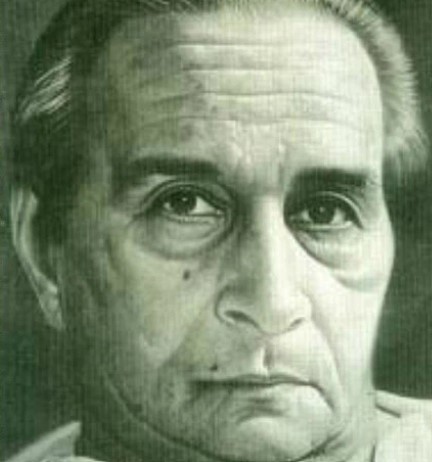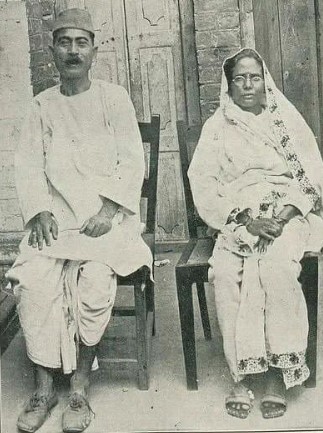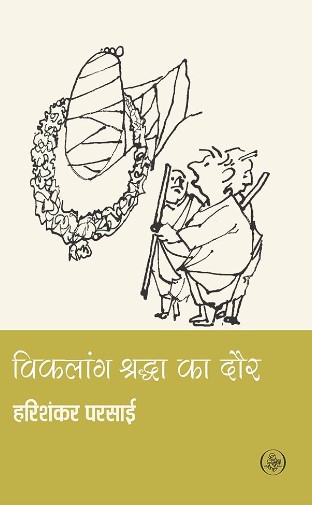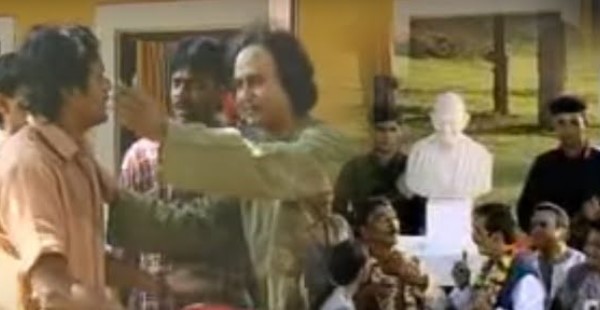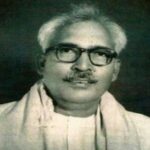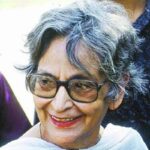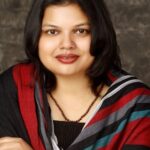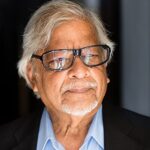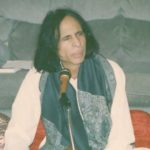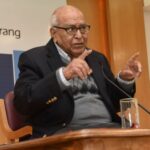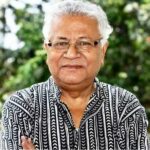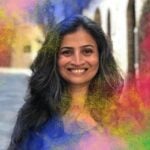Harishankar Parsai Age, Death, Wife, Family, Biography & More
Quick Info→
Hometown: Jamani, Central Provinces And Berar, British India
Age: 71 Years
Father: Jumak Lalu Prasad
| Bio/Wiki | |
|---|---|
| Profession(s) | Writer, Satirist |
| Physical Stats & More | |
| Eye Colour | Black |
| Hair Colour | Salt and Pepper |
| Career | |
| Debut | Literary Magazine: 'Vasudha' |
| Awards | • Sahitya Akademi Award (1982) • Sharad Joshi Award (1992) |
| Personal Life | |
| Date of Birth | 22 August 1924 (Friday) |
| Birthplace | Jamani, Central Provinces and Berar, British India |
| Date of Death | 10 August 1995 |
| Place of Death | Jabalpur, Madhya Pradesh, India |
| Age (at the time of death) | 71 Years |
| Death Cause | Natural death |
| Zodiac sign | Leo |
| Nationality | Indian |
| Hometown | Jamani, Central Provinces and Berar, British India |
| School | Semester Global School, Allahabad |
| College/University | Nagpur University |
| Educational Qualification | Master's of arts in theology and ministry in Hindi (M.A.T.M.) in Hindi at Nagpur University |
| Relationships & More | |
| Marital Status (at the time of death) | Unmarried |
| Family | |
| Wife/Spouse | N/A |
| Parents | Father- Jumak Lalu Prasad Mother- Champa Bai |
| Siblings | He had four siblings. |
Some Lesser Known Facts About Harishankar Parsai
- Harishankar Parsai was a renowned Indian writer who is known for his satirical and humorous style of writing in Hindi literature. He wrote satire (vyangya) poems, which depicted human values and nature, reflecting his critical thinking and humorous way of describing simple things with deep meanings. In 1982, Parsai won the Sahitya Akademi Award for his satire ‘Viklaang Shraddha ka daur.’
- Harishankar Parsai’s parents died when he was very young, and he had to take on the responsibility of his four siblings. His life was marked by great difficulties as he mentioned in his autobiography ‘Gardish’. He was raised by his aunt, who taught him to live fearlessly.
- In 1942, at the age of 18, Harishankar Prasad joined a government job in the forest department but soon lost interest and started writing sharp and accurate satires in Hindi. After India’s independence, he quit his government job and focused on writing. Soon, he began his first literary magazine ‘Vasudha.’ Despite its high popularity, the publication suffered economic losses, and soon, he had to stop the magazine.
- Later, Harishankar Prasad began answering readers’ questions in a column called “Poochhiye Parsai Se” in the Hindi newspaper ‘Deshbandhu.’ He answered questions related to entertainment, love, films, and national, international, and social issues. He used to write the fifth column titled Nai Duniya Mein Suno Bhai Sadho and Nayi Kahani in Deshbandhu.
- His works are included in Hindi books by NCERT, and ‘Premchand Ke Phate Joote’ is one of his famous satirical compositions.
- In 1982, Harishankar Prasad won Sahitya Akademi Award in 1982 for his satire “Viklaang Shraddha Ka Daur” (विकलांग श्रद्धा का दौर).
- Harishankar Prasad’s art of satire writing in Hindi was revolutionary, according to The Hindu. A television show titled ‘Parsai Kehate Hain’ adapted several of his works into episodic stories aired on DD National in the early 2000s.
- His essay ‘A Sorted Man,’ is one of his best satires in which the protagonist is an extreme nationalist who believes in the superiority of the Aryan race and ancient Indian achievements. According to Harishankar Prasad, avoiding questions that can inflict pain leads to a happy existence, and he strives for such happiness. He begins the essay with a reference to his own complacency by stating,
Many people ask me how I have come to be so clear-sighted, with a personality so wondrously simple and straightforward.” His answer is woefully simple: By avoiding questions that can inflict pain it is possible for humans to lead a happy existence, and I have always strived for such happiness.”

